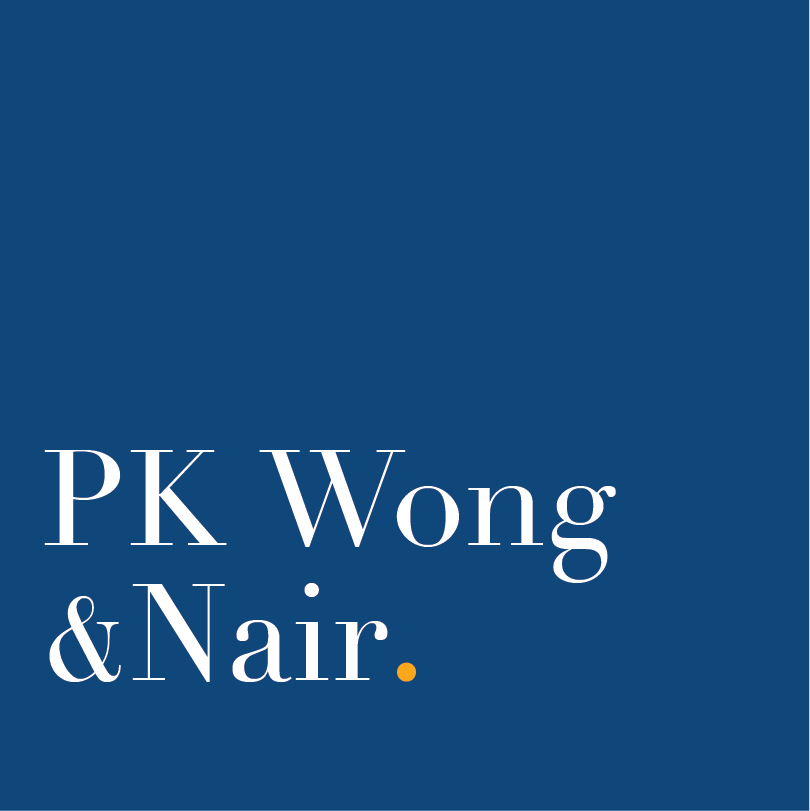Women in Singapore already have a range of benefits and protections, including legal rights and policies aimed at promoting gender equality and women’s empowerment. Here are some examples:
1. Workplace protections: We have regulations that prohibit discrimination in the workplace on the basis of gender, and require employers to provide equal pay for equal work. Additionally, employers are required to offer paid maternity leave and protection against dismissal for pregnant employees.
2. Education and training opportunities: Women in Singapore have access to a high-quality education system, with equal opportunities to attend primary, secondary, and tertiary education institutions. There are also initiatives aimed at encouraging women to pursue STEM (Science, Technology, Engineering, and Mathematics) fields, which have traditionally been male-dominated.
3. Healthcare access: Women in Singapore have access to a comprehensive healthcare system, with high-quality facilities and medical professionals. There are also programs in place to support women’s health, including breast cancer screening and HPV vaccination.
4. Family-friendly policies: The Singaporean government offers a range of policies aimed at supporting working parents, including flexible work arrangements, childcare subsidies, and tax incentives for working mothers.
5. Legal protections: Singapore has laws in place to protect women from gender-based violence, including sexual harassment and domestic violence. There are also legal protections for women’s property rights in the event of divorce, which do not apply to men at all.
In summary, women in Singapore benefit from workplace protections, education and training opportunities, access to healthcare, family-friendly policies, and legal protections. That said, there is still a strong perception of a gender pay gap and underrepresentation in leadership positions.
IWD is an ESG initiative. ESG helps businesses attract investors, build customer loyalty and improve financial performance. Against this backdrop, IWD aims to achieve these aims:
(a) Celebrating women’s accomplishments: International Women’s Day provides an opportunity to celebrate the achievements of women in various fields and industries, including politics, business, sports, arts, and more. It is a time to acknowledge and appreciate the contributions that women have made to society and recognize the barriers they have overcome to do so.
(b) Raising awareness of gender inequality: International Women’s Day also serves as a reminder of the ongoing struggle for gender equality. Despite significant progress in recent decades, women still face numerous challenges and inequalities in many areas of life, including education, employment, and access to healthcare. IWD provides a platform to raise awareness of these issues and to advocate for change.
(c) Promoting women’s rights: International Women’s Day is a time to promote women’s rights and to work towards gender equality. This includes advocating for policies and programs that support women’s empowerment, such as equal pay for equal work, access to reproductive healthcare, and protections against gender-based violence.
(d) Inspiring future generations: International Women’s Day can also inspire and empower future generations of women to pursue their dreams and achieve their goals. By highlighting the accomplishments of women, young girls and women can see themselves reflected in positive and successful role models, and be encouraged to pursue their own ambitions.
Given that women in Singapore already have such a diverse range of entrenched benefits and protections, it would be good if some attention could be given to building up similar representation, rights and benefits for the LGBT community.
“The information provided in this page is for general informational purposes only and is not intended to constitute legal advice. We do not warrant its accuracy or completeness or accept any liability for any loss or damage arising from any reliance thereon. While we strive to provide accurate and up-to-date information, the legal landscape is constantly evolving, and the details of any given case may change over time.”

